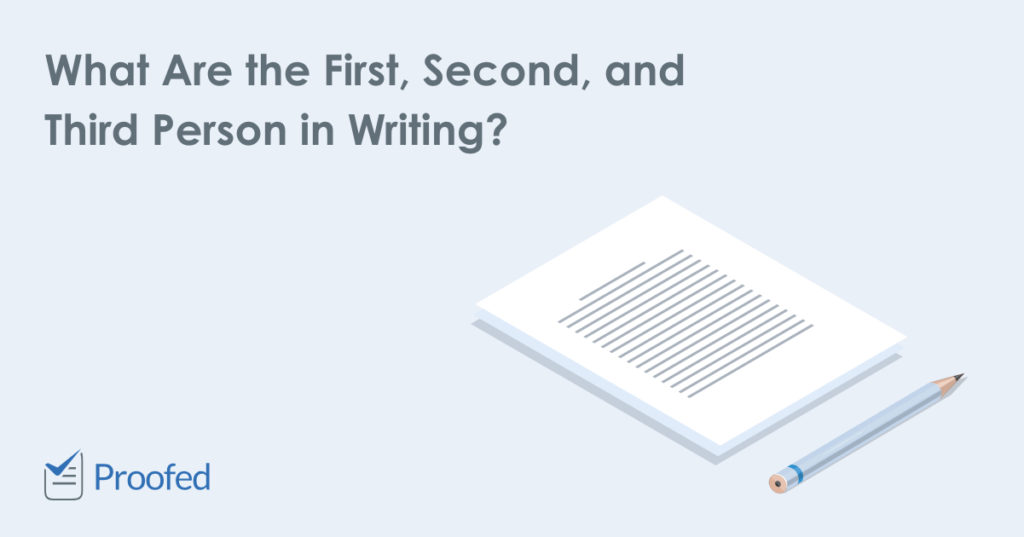As proofreaders, we could describe ourselves as “grammatical people.” We won’t, though, because “grammatical person” is already a thing. But what does this mean? And how do you avoid errors linked to grammatical person in your writing? In this post, we take a look at the basics.
What Is Grammatical Person?
If you ask a linguist, they will say something like “grammatical person is the distinction between deictic references to participants in an event.” This is entirely correct, but also entirely unhelpful for anyone who isn’t already a professional linguist (i.e., most people).
Linguists are boring, too. Not like proofreaders. We’re cool.
(Photo: Karahgo/Pixabay)
In basic terms, it helps to think of grammatical person as like a point of view in writing. Different persons indicate different things, such as who is speaking or who is being addressed. This is also why each grammatical person in English has its own set of associated pronouns.
We will now look at each of the three grammatical persons in English.
The First Person
First-person writing conveys the point of view of the author or narrator. First-person pronouns include terms like “I,” “we,” “me,” and “us.” For example, we might use the first person like this:
I have strong opinions about my friends’ grammar.
Here, the terms “I” and “my” show the writer is talking about their own opinions and friends. Typically, then, we use the first person when we want to present something as a subjective experience or an opinion. However, this can range from a reflective essay to creating a narrative voice in fiction.
The Second Person
We use the second person when we want to address a reader, listener or audience directly. Typically, this will mean using the second-person pronouns “you” and “your.” For example, we could say:
Find this useful?
Subscribe to our newsletter and get writing tips from our editors straight to your inbox.
When you write an essay, make sure your grammar is correct.
The second person is less common than other grammatical persons (e.g., it would be unusual to write an entire novel in the second person). But it is useful for any situation in which you want to appeal directly to a reader.
This could be a personal letter, where you already know the recipient. Likewise, though, it could be a to make a text aimed at a wider audience feel more personal (e.g., the slogan “Your Country Needs You!”).
The Third Person
We use the third person to describe any person or thing other than the author or reader, making it the most common grammatical person. It uses pronouns such as “it,” “they,” “he,” and “she.” For example, we might say:
David wanted to be cool, so he became a proofreader.
Here, the sentence does not address the reader directly (the second person), nor does the author refer to themselves (the first person). Instead, we describe the situation from the point of view of an observer.
The third person is the standard grammatical voice in academic writing, where the first person can feel too subjective and the second person is too informal. And while this is not a universal rule – the first person does have a place in academic writing – it is a good guideline to work with.
